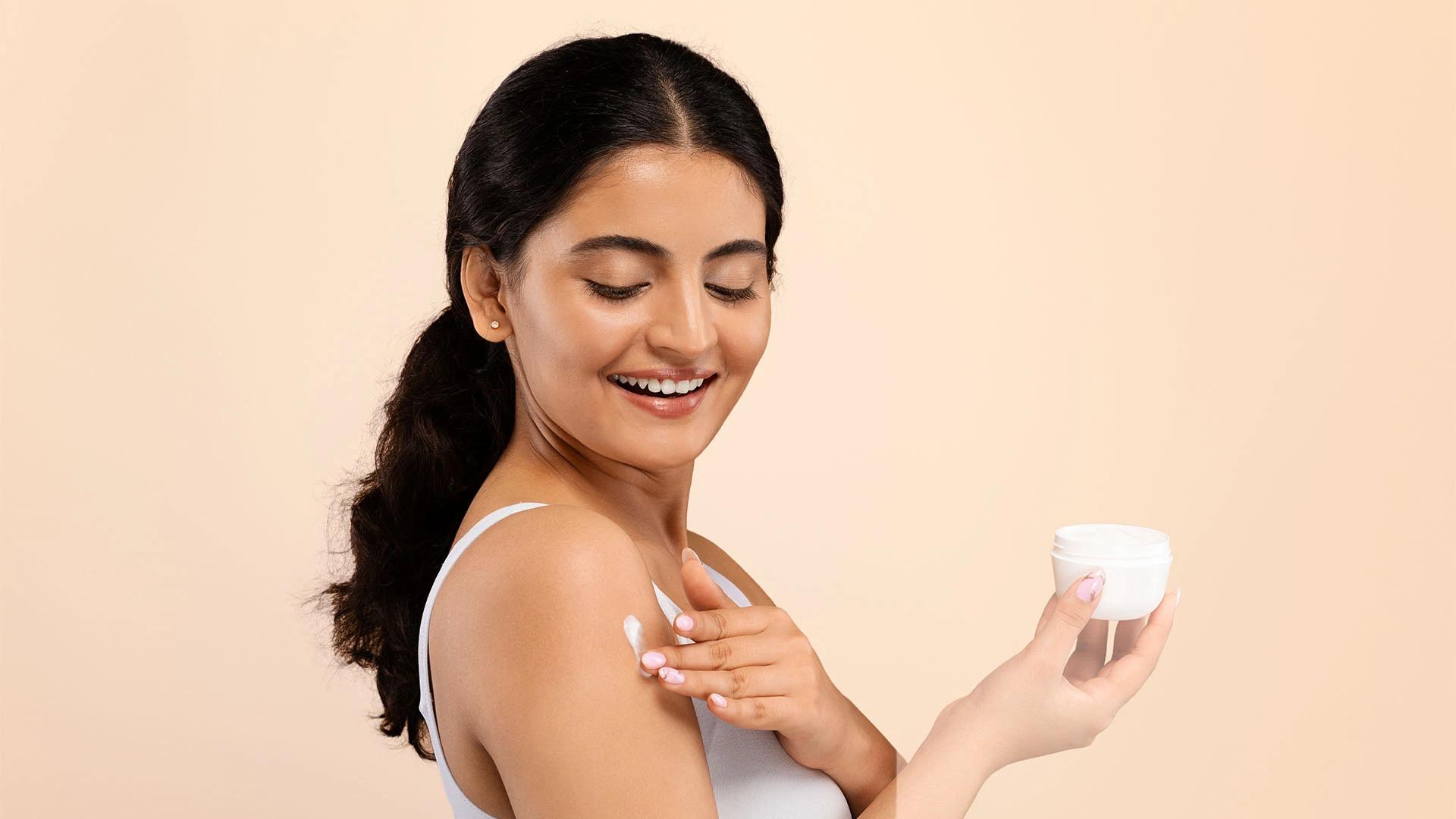Let's be real—skincare for women can feel like solving a puzzle with a thousand pieces. One day you're scrolling through your feed seeing someone rave about their dewy skin, and the next you're staring at your bathroom cabinet wondering if you need seventeen different serums or just a good cleanser. The truth is, building an effective skincare routine doesn't have to be overwhelming. Whether you're just starting your skincare journey or looking to refine what you've got going on, this step-by-step guide will help you create a routine that actually works for your skin. No complicated jargon, no gatekeeping—just real talk about what your skin needs to look and feel its best.
Understanding Your Skin Type
Before diving into products and routines, you need to know what you're working with. Think of your skin type as your skincare personality—it shapes every decision you'll make moving forward. Most women fall into one of five categories: normal, dry, oily, combination, or sensitive skin.
Here's the thing about figuring out your skin type—it's simpler than you think. Wake up, wash your face with just water, and wait about an hour. If your skin feels comfortable and looks balanced, you've likely got normal skin. Feeling tight or seeing flaky patches? That's dry skin talking. If you're noticing shine across your T-zone and cheeks, oily skin might be your story. Combination skin shows up as oily in some areas (usually the T-zone) and dry in others. And if your skin gets irritated easily or reacts to most products, you're probably dealing with sensitive skin care needs.
Knowing your skin type isn't just skincare trivia—it's your roadmap to choosing products that actually work. The wrong cleanser can leave dry skin feeling stripped, while heavy facial moisturizers might make oily skin feel greasy. Get this foundation right, and everything else falls into place.
Essential Steps in a Skincare Routine
Every solid skincare routine starts with four non-negotiables that work for every skin type and age. These aren't fancy extras—they're the essentials that keep your skin healthy and happy. Master these basics first, then you can explore the fun stuff later.
Building these habits consistently will give you better results than using expensive products sporadically. Your skin loves routine almost as much as it loves the right ingredients.
Cleansing: The Foundation of Skincare
Think of cleansing as hitting the reset button on your skin every day. It removes makeup, dirt, excess oil, and pollution that builds up throughout the day. Without proper cleansing, even the best serums and moisturizers can't do their job properly.
The key is matching your cleanser to your skin type. Gel cleansers work brilliantly for oily skin, while cream cleansers are your best friend if you have dry skin. Sensitive skin types should look for gentle, fragrance-free formulas that won't cause irritation.
Toning: Balancing and Preparing the Skin
Toners get a bad reputation from those harsh, alcohol-heavy formulas from years past. Modern toners are completely different—they're like a prep course for your skin, helping it absorb the products that come next.
The right toner can help balance your skin's pH, provide an extra layer of hydration, or gently exfoliate depending on what your skin needs. Look for hydrating toners if you have dry skin, or try one with gentle acids if you're dealing with congestion.
Moisturising: Hydration for Healthy Skin
Here's something that might surprise you—every skin type needs moisture, even oily skin. The difference is in the type of facial moisturizers you choose. Skin hydration is crucial for maintaining your skin's barrier function and keeping it looking plump and healthy.
Lightweight, gel-based moisturizers work well for oily skin, while dry skin types can go for richer creams. The goal is to find something that feels comfortable and doesn't leave your skin feeling greasy or tight.
Sun Protection: Shielding Your Skin
If you take away just one thing from this guide, let it be this: sun protection is the most important anti-aging step you can take. UV damage is responsible for about 80% of visible signs of aging, making sunscreen your best defense against premature wrinkles and dark spots.
Look for broad-spectrum SPF 30 or higher, and make it a daily habit regardless of the weather. Your future skin will thank you for this one simple step.
Advanced Skincare Steps


 200ml
200ml Combo
Combo 100 ml
100 ml 100 gm
100 gm